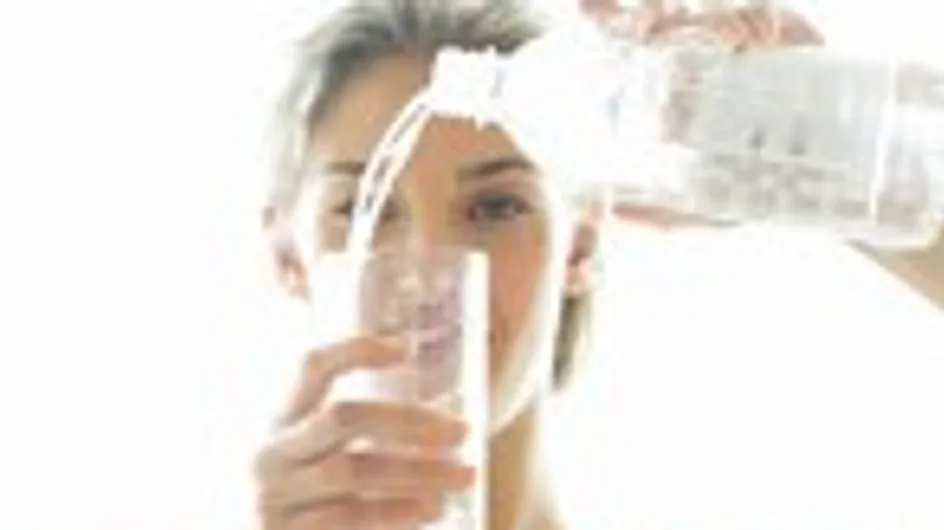Without water life would not exist. Imagine: the human body is 60% water. It's your body's best friend and it's a powerful beauty tool!
The roles of water
- Water irrigates the whole body, permanently feeding the 50 billion cells that it is composed of and allowing chemical exchanges to take place within the body. It's everywhere: in the blood and the organs, of course, but also in cartilage, fat mass, muscle, teeth etc.
- It maintains a constant internal temperature. Body temperature tends to increase when it is hot, if you exercise or have a fever, and water evacuates heat through sweat.
- It eliminates waste that clogs up the body. Blood is filtered by the kidneys and abandons the polluted parts. This residue is diluted in water which flows, drop by drop into the bladder before being released from the body as urine.
The risk of dehydration
Being dehydrated means dropping below the 60% mark for body water composition. Any sort of dehydration is proven to be harmful for the body. It manifests itself differently according to severity. If you are 1-2% dehydrated, your physical and mental performance will suffer; if you are 2-4% dehydrated, they drop from 3 to 20%; if you are 4-6% dehydrated they drop from 20 to 30%, difficulties of concentration and headaches can appear; if you are 6-8% dehydrated, performance can diminish by more than 30%, the extremities sting and go numb; if you are 10% dehydrated the function of the organs is threatened; and if you are over 15% dehydrated your life is in danger.
The body cannot be deprived of water for more than 2 to 3 days if you keep up normal activity, and it cannot be deprived of water for more than 5 days if you remain immobile.
Needs and advice
To keep the balance of water in the body right, you simply have to replace what goes out. Out of the 40 to 50 litres of water that the body contains, it loses between 2.5 and 3 litres every day in perspiration, urine and stools. So you need to put the same back in every day, by drinking pure water (between 1 and 1.5 litres on average) and eating food that contains lots (mainly fruit and veg). Bear in mind that water loss varies considerably according to temperature, humidity, altitude, exercise, metabolism and hormones, so you need to adjust your intake.
You need to drink regularly, throughout the day. Never wait until you're thirsty. If you feel thirsty, it's a warning sign from your body, a late signal that it has already lost 1% of its weight in water.
To hydrate yourself properly, you can't beat plain still or sparkling water that contains no calories (unlike fizzy drinks and fruit juice, which are full of sugar). In the UK, tap water undergoes many quality controls so there’s no reason to avoid it. Mineral water can be used to increase intake of certain minerals like magnesium, calcium etc, for particular needs (if you're pregnant, fatigued or want to lose weight). Don't forget that sodium (salt) helps to retain water in the body and potassium facilitates the elimination of salt. A balance of these two minerals is essential for good hydration.













